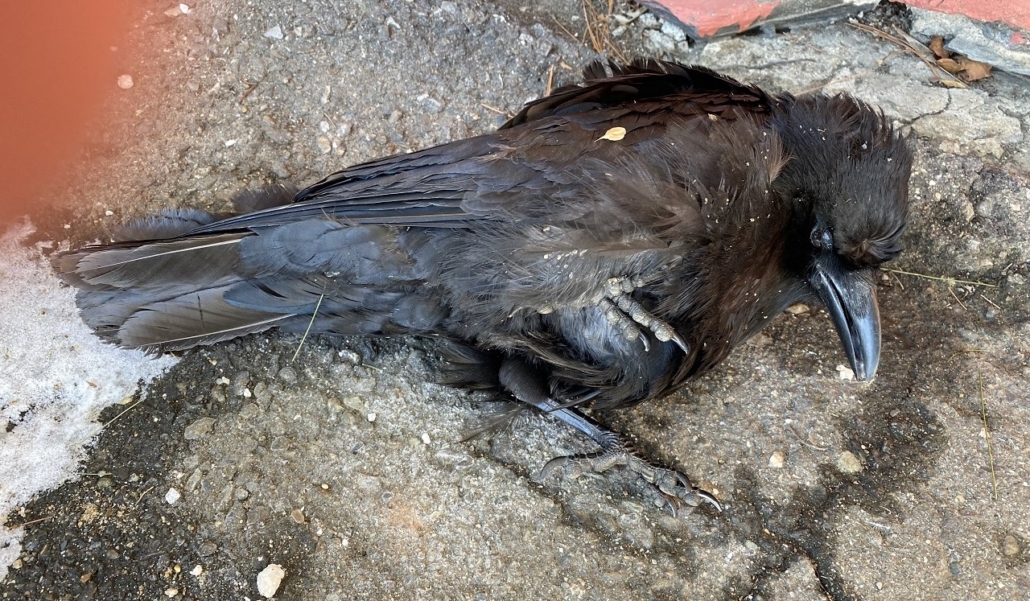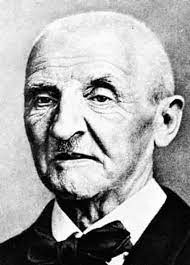I’M JUST CURIOUS: Because I said so
 by Debbie Walker
by Debbie Walker
Since I grew up right over the hill from Winnecook Lake/Unity Pond it seemed like I was attracted to it in all seasons. I grew up with a bit of a cocky, self-assured attitude when it came to that lake. It seemed like I was born knowing how to swim. I was always in a debate with mom and dad about the lake and it would usually end with “Because I Said So”.
I also grew up over hearing stories of dad’s escapades at the lake. I heard these stories late at night when dad and his sister were talking and they thought I was asleep. I heard about how they used to dive off the railroad trestle and how he and his brothers used to swim before the ice was out of the lake. No. Permission for this activity was not granted. However it was discovered they were sneaking these swims in when their father found their underwear hanging from the trees, drying. Seems my grandmother couldn’t figure out where all their underwear was disappearing to, but my grandfather found it all and found out their little secret.
Beware of talking about your past escapades when a child is anywhere in earshot of your conversation, asleep or awake, because you just never know for sure. I am reasonably sure those were not stories they intended me to hear.
There were several times when I got grounded by following in dad’s footsteps (seemed reasonable to me). I got caught going to the railroad trestle to swim with my cousin Kenneth, got busted on that one. I also talked a couple of the girls into going down to the lake with me before the ice was out, to go swimming, Busted once again. My mother was good, I’m telling ya.!
Well, once I was grown (?) it was always known that I was going to be the first one in the family to get in that lake each year. It was always a big joke, even into my married life. What I didn’t realize was by now I had nephews and a niece who had listened to my late night stories.
My love for the water had not changed over the years so I had added to my skill and education by taking all the Red Cross and the YMCA courses; I was a registered instructor with both. Although we had done swimming lessons with my niece and nephews as they came along, and had some water safety talks, we had missed the “black ice” talk.
It seems this one day one of my nephews decided he was going out onto the ice, “black ice”, this is “late in the year ice” and is not safe. (Called black because it really looks somewhat black by this time.) Again long story short, my nephew fell in and had it not been for his little brother and sister quickly getting help, our story might have turned out different.
The heart breaker to me was his first comment on being retrieved from the water was, “I beat Aunt Deb into the water this year.” I was devastated. I realized we had used the old, “Because I said so” with the kids instead of teaching them how the lake and the ice works. So please before another child wants to be the first or thinks, ice is ice, please have a serious talk with them and explain what the fall/winter/spring dangers are, not just the summer ones. If you don’t truly understand find an instructor who does and in a language the kids will listen to. Spring, summer, fall or winter, your children do not belong anywhere near the water (ice) unless you are close by. Please don’t use the old, “Because I said so”. It doesn’t work, education does. Take it from someone who knows.
There are so many more things I am just curious about. I try to replay this column every year. Consider it my “Public Service Announcement.” Reach me at DebbieWalker@townline.org. Thanks again for reading and all your comments, they are appreciated.












 by John D. Koons
by John D. Koons


